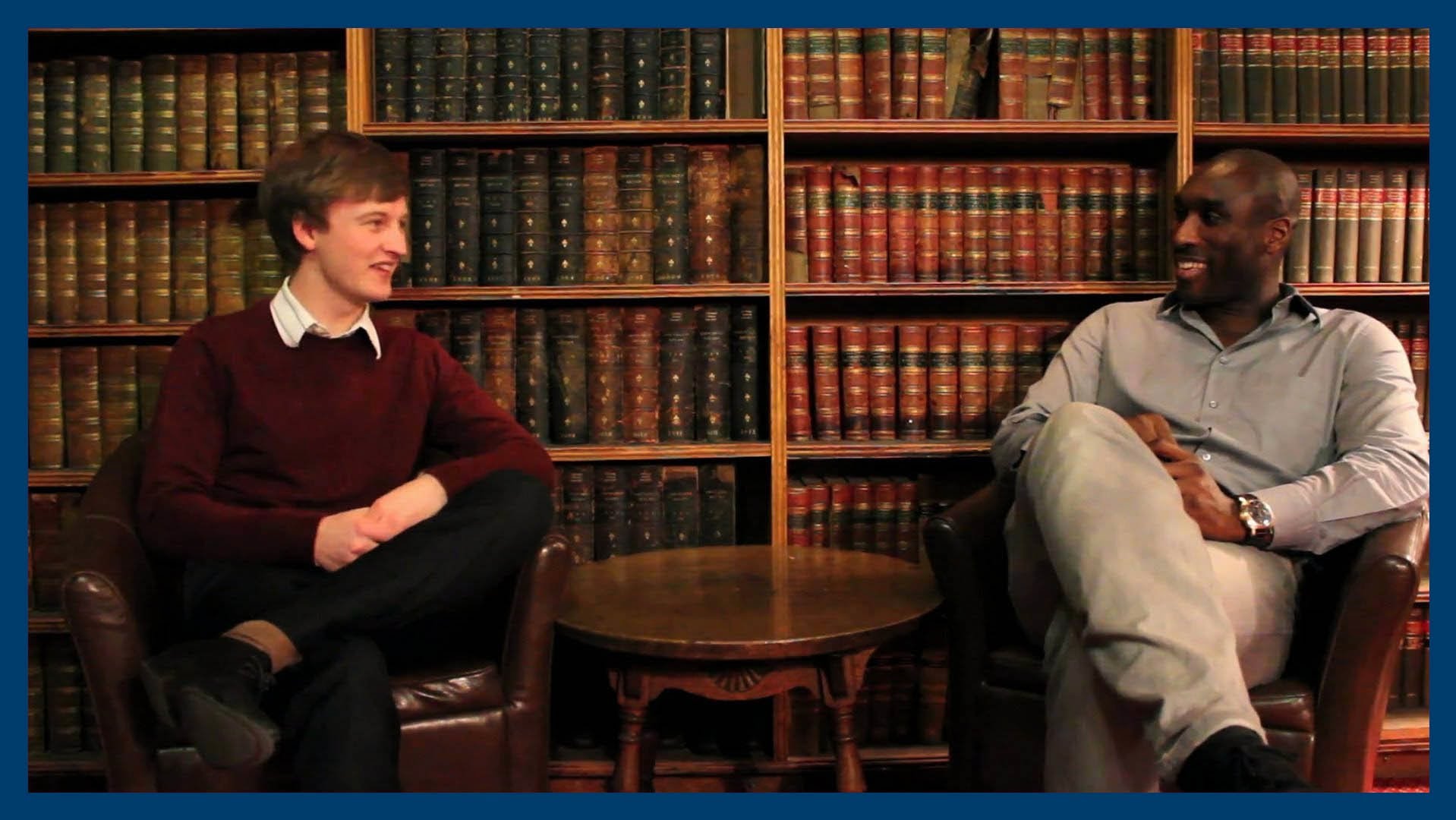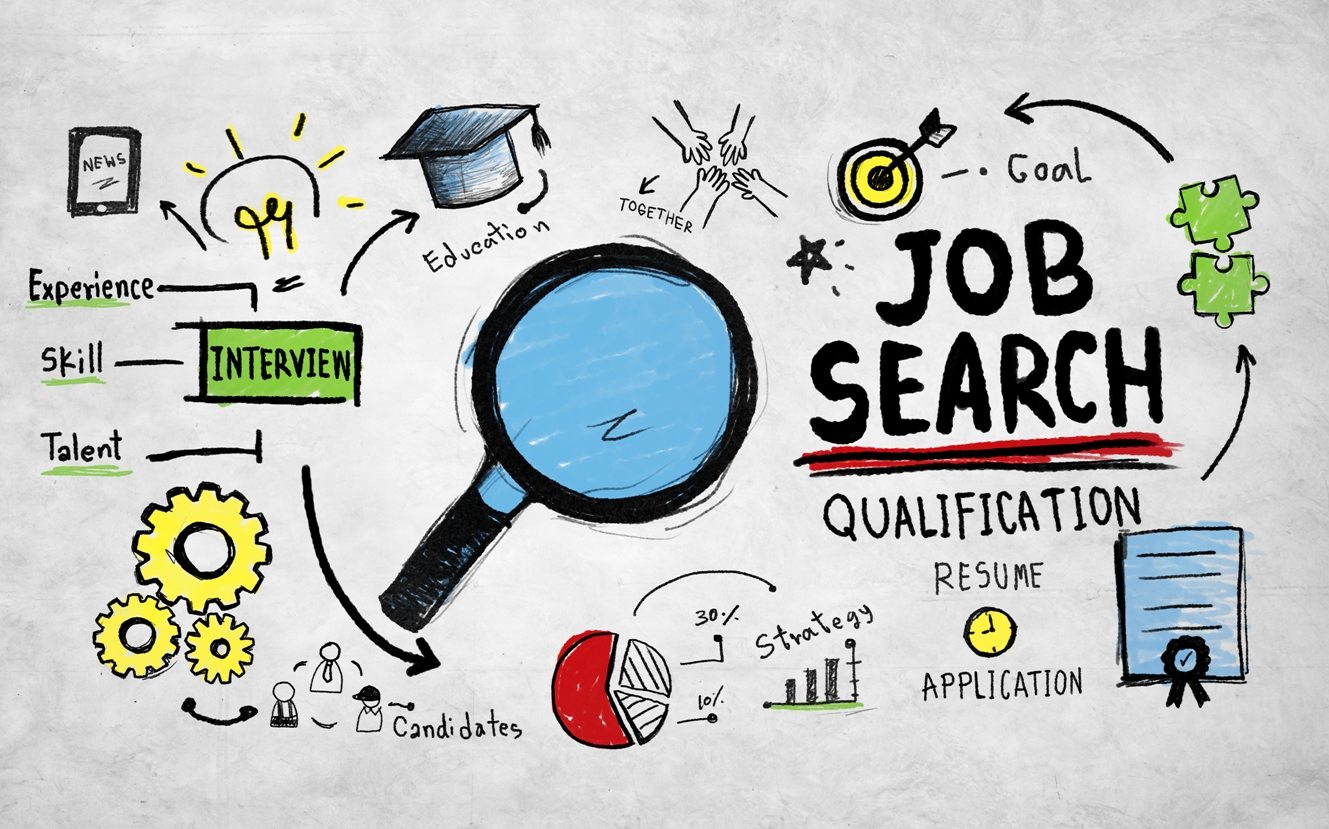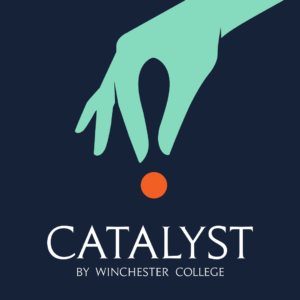April 30, 2019 | Coen Armstrong
PPE has long been known as one of ‘the’ Oxford degrees: a quintessential brand in and of itself. However, the branding tells us very little: this article attempts to explain both a little about what it entails, and how to get in for it.
Is PPE right for you?

The first and most important thing to bear in mind is that PPE is a generalist’s degree. The flip side of covering three subjects (politics, philosophy and economics) is that you get less depth on any individual one. If you’re really set on getting as deep into economics as possible, for example, Cambridge Economics is probably a better bet (or Cambridge philosophy). On the other hand, you still do get quite a lot of depth––enough for graduate study. Moreover, the essence of PPE is the connections between all three subjects: a knowledge of the other disciplines helps with any single one. For example, many political judgments need both economic knowhow and a normative (philosophical) basis. Finally, if you don’t want as much breadth, in your second and third years you can choose to narrow down to just 2 of the 3 subjects.
PPE is also both fascinating and difficult because it needs essay-writing and quantitative ability. Moral philosophy or political theory are close to humanities and require facility with essays; formal logic or econometrics are quite mathematical. This can be an attraction, but is worth bearing in mind. Again, this also means you have to be comfortable with each, otherwise the degree might end up becoming a grind.
PPE: things to note about the application
Many aspects of applying for PPE follow from the nature of the course. Even before application season, the A levels you choose matter. Since PPE is both qualitative and quantitative, tutors look for ability in both the humanities and mathematics. Single Maths A-level is highly recommended, and in my experience Further Maths is even better. They also want to see an essay writing A level, such as History.
The first hurdle is the personal statement. Personal statements should first and foremost be academic—tutors who have devoted their lives to academia make admissions decisions. The books you have read, the essays you have written, courses you have taken, ideas you have had: these are the primary fodder of the personal statement. These play a role in deciding who gets invited to interview, but more importantly might steer the interview itself: be prepared to be grilled on anything in your personal statement. Re-read the books on it and don’t put down stuff you only half understand. If something from your personal statement comes up (and it might not), you really don’t want to be caught not understanding it.
Next, you take the Thinking Skills Assessment test (TSA). It’s worth getting special help with this test, as it determines a large amount of both the decision to invite you to interview, and the ultimate decision whether to offer a place. It has problem solving and critical thinking components, and practicing for a high score is essential.

The last hurdle is the interview itself. There are many myths about Oxford interviews and intimidating interviewers, but these are in the vast majority of cases just myths. Tutors will have to teach you for the next three years if they give you a place: they want to make sure they get the best candidates. The important thing is to remember that they are trying to help you give a good account of yourself. The important thing is to help them see your intellectual ability. To prepare, the only solution is to read a lot, think a lot, and practice putting yourself in that situation, so nerves don’t become overwhelming on the day.
______________________________________________________________
To find out more about Ampla Education’s university application services, contact us at info@ampla-edu.com
______________________________________________________________
________________________________________________________________________
Coen studied at Eton College, where he was a King’s Scholar and Academic Prefect. With a PPE offer at Magdalen College Oxford and having been joint top of the TSA admissions test, he is at Stanford University reading website that writes essays for you Mathematics and Symbolic Systems. He also debates a lot.



















